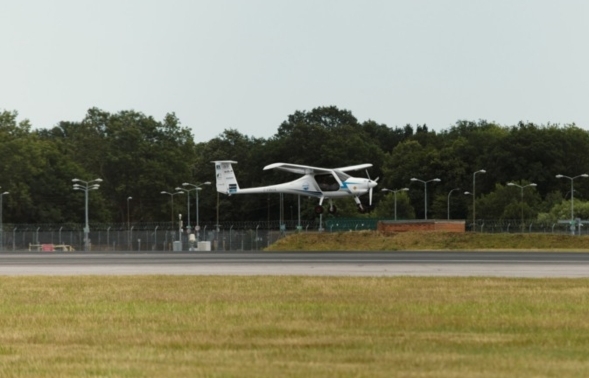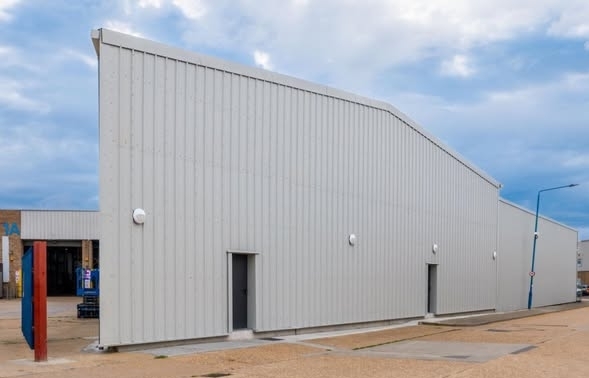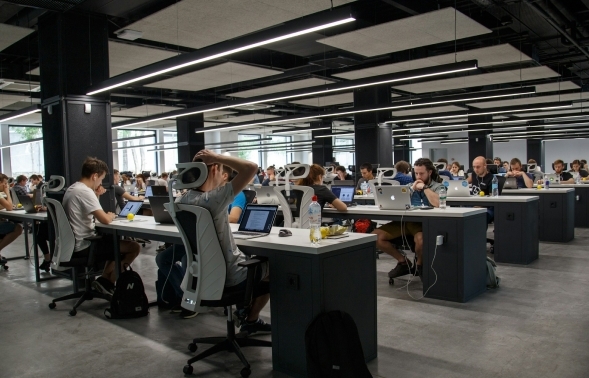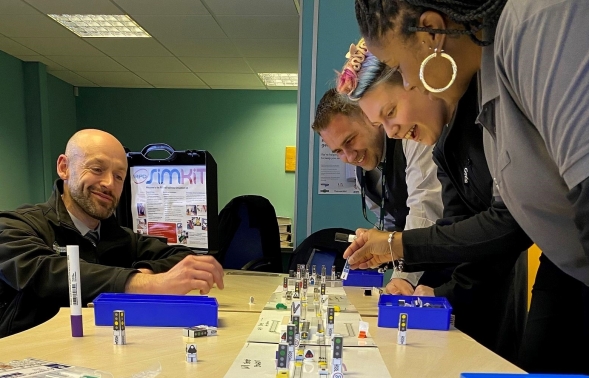The Northern Power House and Midlands Engine are strong brands. The aim of government, local business and civic leaders is to make the economies they define match the branding. You will be hard pressed to find a government minister's speech on the economy that does not refer to at least one these areas - often with a commitment to invest in their growth. The same cannot be said for our part of the country.
There are several reasons for this. First is that we are taken for granted - the goose will continue to lay the golden eggs come what may. The second is identity - our distinct economies are lumped together as "the wealthy South East". Third, is the difficulty national politicians have in shouting about the importance for investment in the country's wealth creating assets as opposed to just addressing failure.
All three factors are valid. Decades of regional economic policy (or lack of it) have failed to reduce the North/South and other economic divides. So positive discrimination in favour of economies and communities that have suffered the consequences of the decline of industries on which they were dependent is a valid government policy.
The South East has largely been spared the catastrophic equivalent of the decline of the steel, shipbuilding and coal industries. There are exceptions, such as our sea-side towns, but overall our economy has proven resilient through change. The diversity of our economy is one of our great strengths and a factor in the relative speed with which it recovered from the 2008 crash. But it is also a challenge in terms of projecting a clear identity.
I've described a difficult backdrop against which Coast to Capital (C2C), our business-led Local Enterprise Partnership, must negotiate a Local Industrial Strategy (LIS) with government. All LEPs are required to work with central government and local stakeholders to produce these strategies by the end of the year. Our LIS will determine the investment our region will attract from government in areas vital to business including infrastructure, skills and innovation.
The LISs flow from the National Industrial Strategy which focuses on driving up productivity to at least match the levels achieved by our main international competitors - we are simply not punching our weight. The emphasis is on productivity gain rather job creation as an end in itself. This should play to our strengths, but only if we get three things right.
First, we must galvanise business interest, input and support. I have so far attended three C2C consultation events on the LIS - in very different parts of the region - Bognor, Brighton and Reigate. The choice of these locations reflects the economic diversity of our region - belying the "wealthy South East" generalisation.
So far, this early-stage consultation has appealed particularly, but not exclusively, to "partners" rather than businesses. I am not knocking this, but as the process moves on and propositions begin to develop, deeper business involvement and commitment will be essential. This is itself a challenge for our region - our business leaders are not naturally inclined to "march on London" with their elected representatives in the way that their Northern equivalents are. Like it or not, this is to do with lack of regional identity and, perhaps, lack of common interest in the face of adversity.
Second, it follows that we must work harder to create that identity around which our public, private and social sectors can rally. Gatwick as a brand, and the airport as an economic driver, must be at the heart of this. They are what make us stand out - regionally, nationally and internationally. C2C recognised this is naming their Strategic Economic Plan (a forerunner of the LIS), "Gatwick 360°". The LIS needs to capture the imagination and get business fully behind it. It needs to offer an equivalent rallying call to the Northern Powerhouse or, more aptly, better performing areas such as the Oxford to Cambridge Corridor.
Third, we must demonstrate a commitment to, and opportunities for, productivity-driven growth. We need to identify and build partnerships around investments that, with government support, will deliver an exceptional economic dividend for the UK economy. Without that commitment and focus, we have nothing to offer the government in return for the infrastructure and other investment we badly need.
An early test has come with the publication on 18 July of the Gatwick Airport Master Plan taking forward the option of bringing the stand by runway into operational use. Will the region's businesses and civic leaders come together, as powerful critical friends, to champion our "Engine for Growth"?
Gatwick Diamond Business stands ready to work with C2C, other business organisations and our local authority partners to ensure that as a region we pass this test.
https://www.linkedin.com/pulse/local-industrial-strategy-why-should-businesses-care-jeff-alexander/



















